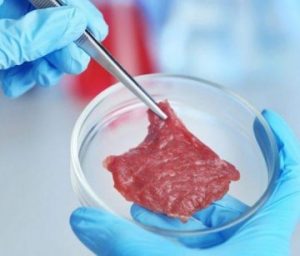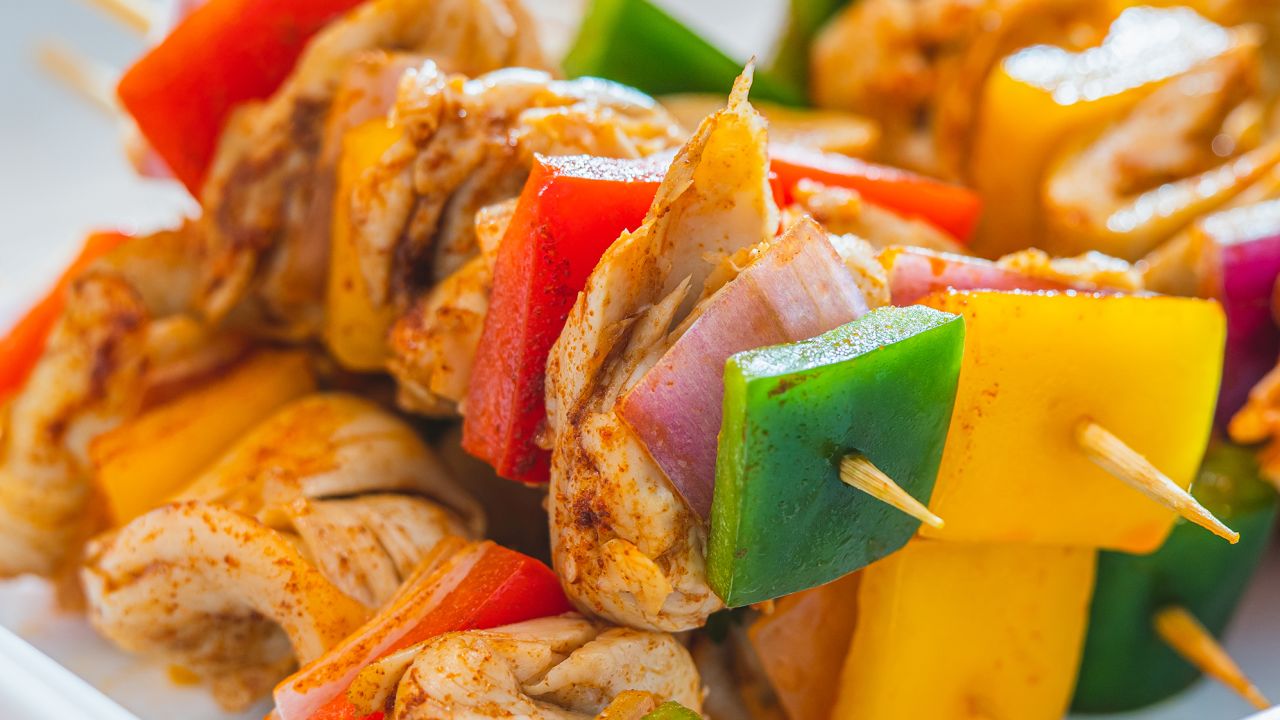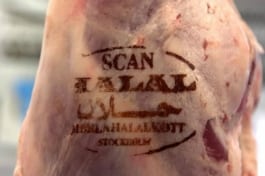FINANCIAL TIMES
Islamic scholars rule on how to make lab-grown meat halal
Meat grown in a lab could be considered halal, according to advice from Islamic scholars in Saudi Arabia to a US food start-up, as the industry starts to explore certification for products to fit religious dietary rules. San Francisco-based Eat Just asked three sharia law scholars to examine whether cultivated meat can be halal.
Lab-grown or “cultured” meat is made from animal cells and grown in bioreactors, in contrast to plant based meat — produced by companies like Beyond Meat and Impossible Foods — which is made of ingredients including pea and soy protein. Over the past year, investors have been betting on cultured meat over the plant-based version.
Tetrick said there was strong demand for lab-grown meat in Saudi Arabia and other parts of the Middle East and South-East Asia, partly to improve food security. “Our priorities are scaling up the technology, reducing costs and ensuring that it’s open to everyone, including 2bn people who simply won’t eat meat unless its halal.”
- In Singapore, the Majlis Ugama Islam Singapura, the only entity with the right to issue halal certification in the city state, is working with Singaporean cultivated meat maker Esco Aster to establish a regulatory framework.
- The world’s largest kosher certification authority Orthodox Union last week certified the chicken cell line used by Israeli food start-up SuperMeat. There are already signs of disagreement.
- Indonesia’s leading Muslim organisation, Nahdlatul Ulama, ruled in 2021 that cells taken from living animals and cultivated in a bioreactor were not halal.
- In Israel, meanwhile, which has become a hub for cultivated meat start-ups, the country’s Ashkenazi chief Rabbi David Lau in January said that Aleph Farms’ lab-grown steak was kosher. However, Rabbi Menachem Genack, the chief executive of the Orthodox Union, said it was not, because the cell line was harvested from a living animal. Copyright The Financial Times Limited 2023. All rights reserved.
The opinions are a win for cell-cultivated meat companies, executives said, because it means observant followers of Judaism and Islam could one day consume their products.
“It’s another marker around making cultivated meat a real solution,” said Josh Tetrick, Co-Founder and CEO of Eat Just and Good Meat. GOOD Meat, is the cultivated meat division of food technology company Eat Just, Inc.
Cultivated meat is currently only sold in tiny quantities in the United States and Singapore, but companies hope private and public investors will infuse the sector with enough cash to scale production and alter diets around the world.
Cultivated meat is derived from a sample of animal cells that are fed a nutrient mix and grown in steel vats, avoiding the need for land-intensive industrial farming operations and slaughterhouses.
Companies in the fledgling industry hope their product will appeal to vegans and vegetarians as well as climate conscious meat eaters.
GOOD convened a panel of three sharia experts who reviewed the company’s production and on Sunday said cultivated meat can be halal if, among other factors, the cells from which the meat is made come from an animal slaughtered according to Islamic law.
Though GOOD’s chicken does not currently meet that standard, the opinion provides a roadmap for the industry to make halal products, Tetrick said in an interview.
The Orthodox Union (OU), the largest kosher certification agency, on Sept. 6 said cultivated chicken produced by Israeli company SuperMeat met its standards because the chicken cells were not fed any animal ingredients and were extracted from a fertilized egg before any blood spots appeared.
SuperMeat and the OU are working on broader guidelines for the industry, company CEO Ido Savir said.
More than 12 million people in the United States eat kosher products and 8 million eat halal products, according to the OU and Islamic Services of America.
Regulators cleared cultivated chicken for U.S. consumption earlier this year and it has since been served at some high-end restaurants.
Reporting by Leah Douglas; Editing by Bill Berkrot

 Sept 11 (Reuters) – Lab-grown meat can be labeled kosher and halal as long as its cells are derived in methods compliant with religious standards, according to two panels of experts commissioned by the nascent industry.
Sept 11 (Reuters) – Lab-grown meat can be labeled kosher and halal as long as its cells are derived in methods compliant with religious standards, according to two panels of experts commissioned by the nascent industry.
